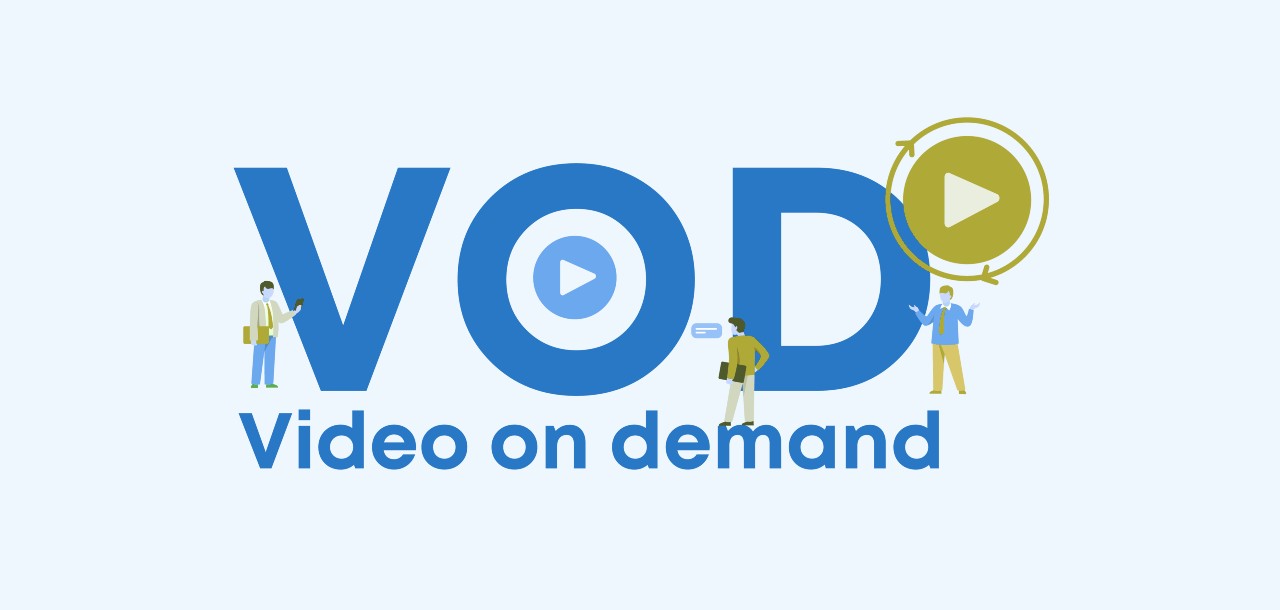Download "Diversity and inclusion in the audiovisual sector"
How can Europe ensure better respect of diversity and inclusion in its cinema, television and VOD industries? There has long been a keen awareness of the principles of equality and non-discrimination based on gender, origin, or disabilities included in European media legislation. But more recent social changes, in particular concerning the position of women in the workplace and the #blacklivesmatter movement have meant that diversity and inclusion have more recently come into the spotlight. What of the audiovisual industries in Europe? How are we ensuring better D&I in the processes of content production? And what about our on-screen representation of society in films, series and other audiovisual content?
This new IRIS Plus report examines these questions on the basis of an online workshop organised by the European Audiovisual Observatory in December 2020. To accompany the reading of this report, an IRIS Bonus has been prepared offering a significant sample of reports and studies on D&I in the audiovisual industry. It lists approximately 200 reports in the form of a series of tables classified according to the ground of discrimination studied and other relevant criteria. The table is also available as an interactive search tool on the European Audiovisual Observatory website.
The first chapter of the report dives into the definition of diversity and inclusion (or D&I as it is often known), offering useful practical and legal definitions. This first chapter also presents some prerequisites for on-screen and off-screen diversity and concludes with a list of the different tools available in the diversity toolbox at the disposal of public and private institutions, industry associations or civil society.
The second chapter explores international and EU legal measures to promote diversity and inclusion. D&I measures by organisations such as the UN and the Council of Europe are presented, before the authors move on to EU measures. Overarching, cross- sectorial EU legislation concerning D&I is explored and the authors then zoom in on provisions for the audiovisual sector. The report highlights, for example, that the next Creative Europe MEDIA programme (2021 - 27) will include a horizontal criterion regarding gender balance and diversity. European organisations representing film funds and media regulatory authorities have been carrying out solid work in the field of gender diversity, notably culminating in a set of common performance indicators for national regulatory authorities willing to develop monitoring activities or research projects in the field of gender diversity,
The third chapter drills down further to national measures to promote D&I in the audiovisual sector, taking the UK, France, Spain and the French-speaking community of Belgium as examples. Rules and provisions introduced by OFCOM and the French and Belgian CSAs respectively are listed. The authors also highlight the work of the Spanish Gender Equality Observatory in the field of Culture created in 2019. The role of film funds and their funding criteria are also examined, as they represent a very concrete and efficient means of promoting diversity and inclusion in the audiovisual sector.
The fourth chapter takes a useful dive into industry best practices and opens the D&I toolbox to reveal possibilities such as monitoring and data collection, diversity charters accompanied by labels and certifications, the creation of awareness campaigns and events with the resulting forming of networks and alliances in this field. the chapter concludes by examining the particular role of NGOs in this field.
The fifth chapter provides an overview of current EU and ECHR case law in this field before the authors round of chapter six with a round-up of the state of play. The European Audiovisual Observatory's December 2020 D&I workshop highlighted certain challenges in the process such as the difficulties in measuring progress on on-screen representation or indeed the sheer complexity of collecting reliable data on diversity. The authors do however conclude on a positive note, thus:
"we could say that the train to equality has not reached its destination yet, but it is nevertheless on the right track."





